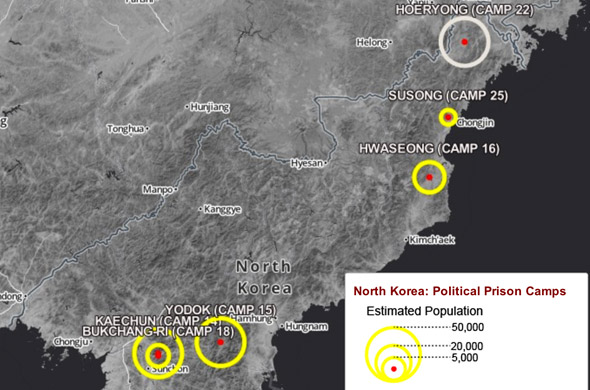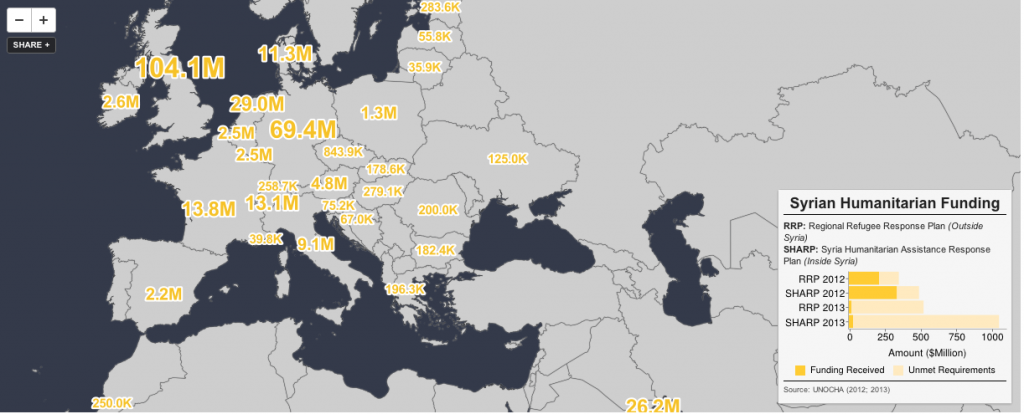
As someone whose job it is to take advantage of technological progress for human rights research and advocacy, I am a strong proponent of using new tools and methods to advance Amnesty International’s goals. There is a proven track record of how technology can help human rights researchers and defenders in their daily work. However, any debate on this topic should not overlook the increasing challenges and threats that new technologies and digital networks pose for our profession. I am increasingly interested in exploring this undeniable tension, and I am fortunate enough to moderate a panel related to this topic Amnesty International USA’s Annual General Meeting in Brooklyn this weekend (full details below). SEE THE REST OF THIS POST

